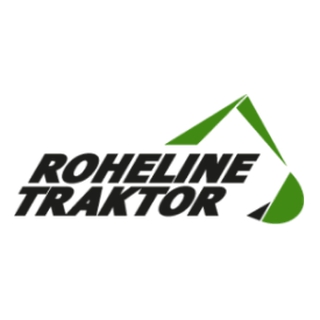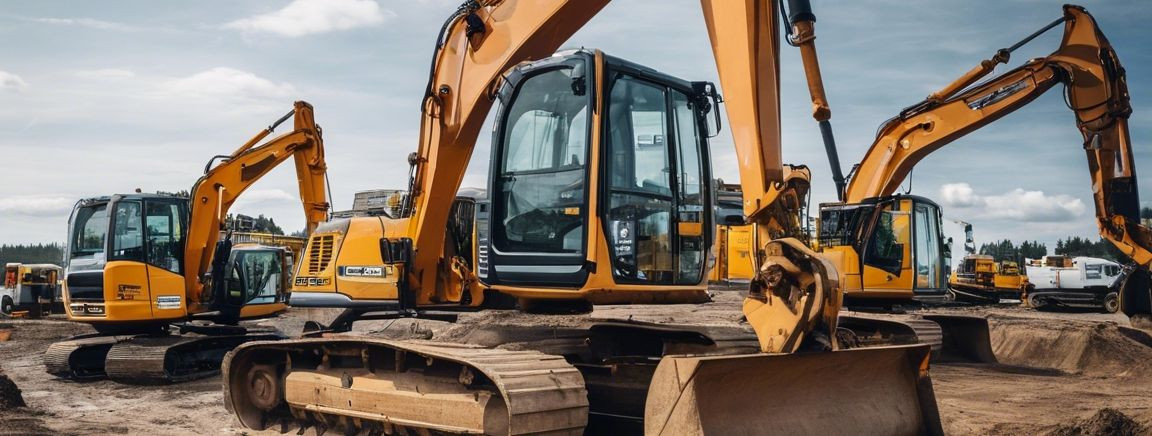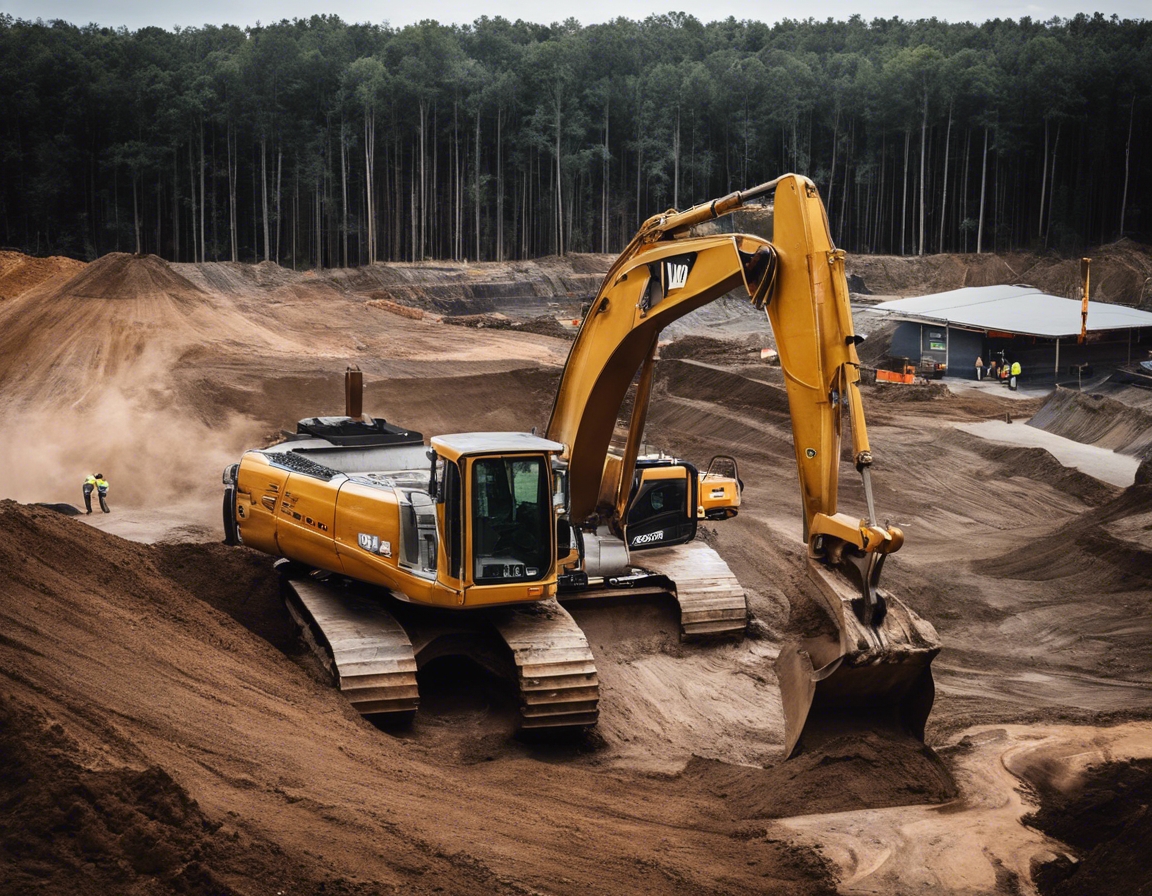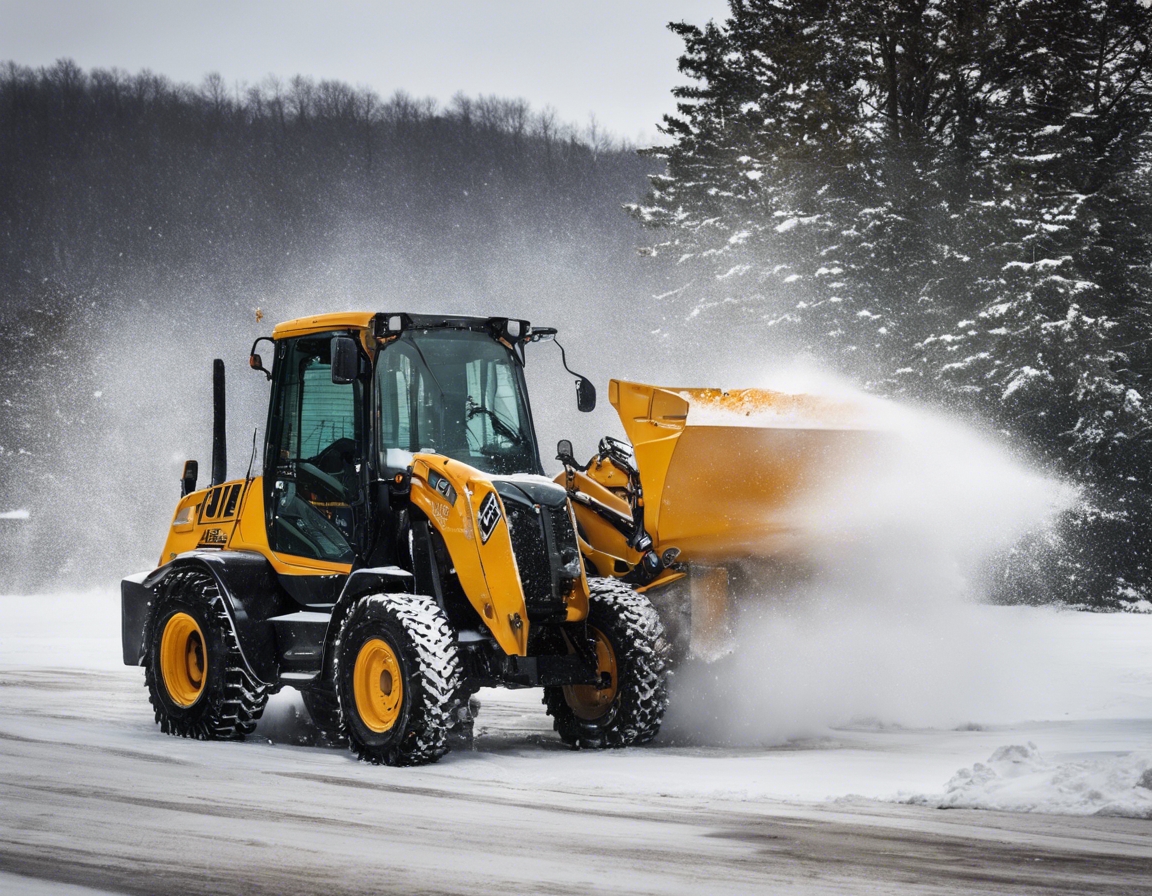5 eco-friendly excavation techniques for sustainable construction
As the construction industry evolves, sustainability has become a cornerstone in project development. Excavation, a critical phase in construction, has significant environmental impacts. However, innovative techniques are emerging to minimize these effects, ensuring that projects are not only efficient but also eco-friendly. In this post, we'll explore five sustainable excavation methods that align with the values of our target audience in Harju and Raplamaa.
Hydro Excavation
Hydro excavation is a non-mechanical, non-destructive process that uses pressurized water and an industrial-strength vacuum to simultaneously excavate and evacuate soil. This method significantly reduces the risk of damaging underground utilities and is much gentler on the environment.
- Minimizes soil disruption and preserves the surrounding ecosystem.
- Reduces the likelihood of utility damage and associated costs.
- Allows for precise excavation, conserving resources.
Electric and Hybrid Machinery
The advent of electric and hybrid construction machinery has been a game-changer for sustainable excavation. These machines produce fewer emissions and are quieter, making them ideal for urban areas and sensitive environments.
- Significantly reduces greenhouse gas emissions.
- Decreases noise pollution, improving the quality of life for nearby residents.
- Offers better energy efficiency and lower operating costs.
Reusing and Recycling Excavated Materials
One of the key principles of sustainable construction is the efficient use of materials. By reusing and recycling the soil and other materials excavated from a site, we can reduce waste and conserve natural resources.
- Screening and sorting excavated materials for future use.
- Repurposing soil as fill material for landscaping or construction projects.
- Recycling concrete and other materials into new construction products.
Precision Excavation Techniques
Precision excavation techniques, such as GPS and laser-guided systems, allow for meticulous planning and execution. This reduces unnecessary digging, conserves resources, and minimizes the impact on the environment.
- Enhances efficiency by targeting specific areas for excavation.
- Lowers fuel consumption and emissions from machinery.
- Reduces the amount of waste material generated.
Natural and Biodegradable Lubricants
Traditional petroleum-based lubricants can be harmful to the environment. The use of natural and biodegradable lubricants for excavation machinery is a sustainable alternative that reduces pollution and protects ecosystems.
- Decreases the risk of soil and water contamination.
- Ensures compliance with environmental regulations.
- Provides similar or superior performance to conventional lubricants.
Conclusion
Incorporating these eco-friendly excavation techniques can significantly contribute to the sustainability of construction projects. As we continue to prioritize the health of our planet, these methods will become increasingly important. ROHELINE TRAKTOR OÜ is committed to providing sustainable excavation services that meet the needs of our clients and the environment.






Comments (0)